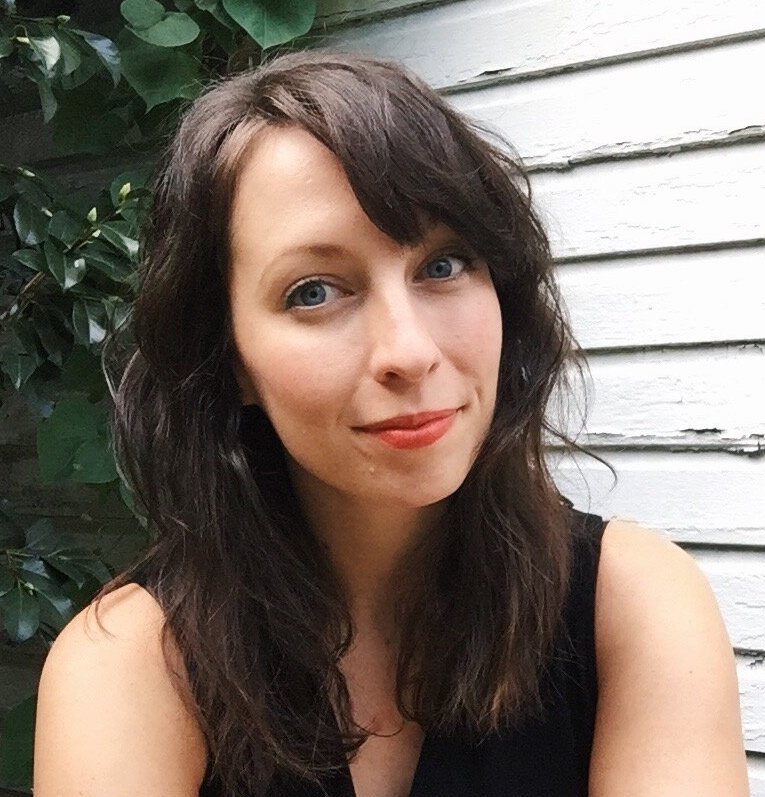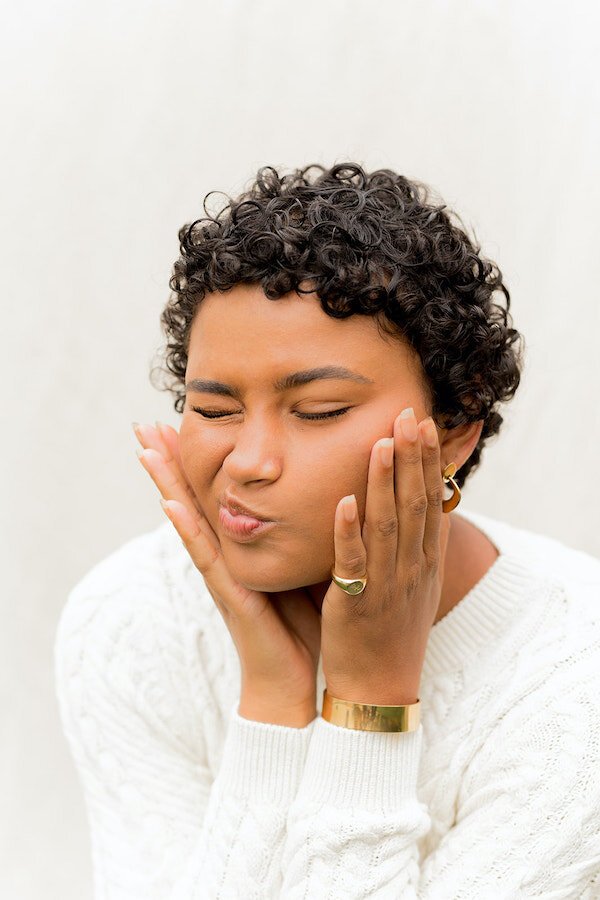
How To Maintain Your Adult Friendships After Kids
I didn’t really understand how much time I had before my daughter was born, and so I was pretty blindsided by how dramatically the landscape of my daily life changed. When it takes a planning meeting to carve out 15 minutes of alone time to take a shower, it makes going out with friends seem as possible as an overnight trip to the moon. As my daughter has grown, I’ve slowly gained back more flexibility and freedom with my time. But I’m finding many of my friendships have changed. Nothing is *wrong* exactly, we’ve all just suddenly become Real Adults, with our own families, careers, and other priorities that make figuring out when and how to get together feel like learning a new language.
While there’s no single silver bullet for every scenario, here are some things to consider as you navigate the next stage of your adult friendships, particularly after they (or you!) become parents.
Examine your expectations
In our 20s, the people I considered my close friends were the ones I was in near-constant contact with. If we weren’t going to dinner after work or taking last-minute weekend getaways, we were blowing up each other’s phones day and night. Now, getting dinner can take a month of planning, and weekend getaways are about as common as a solar eclipse.
“Expect delays.”
While our texting would still be considered healthy, the time gaps between responses have become more common. Between the demands of our families, jobs, and even self-imposed mental health boundaries with our screens, sometimes it just takes awhile to get back to each other. What I’ve learned is to expect delays. This is a riff on the happiness gap, which refers to the space between expectations and reality. The bigger the gap, the greater the chance of disappointment. In the stage of life with peak responsibilities, I find that the more I can view every social event that does manage to come together as a bonus or a treat, the less likely I am to feel crushed when it doesn’t.
Be curious, not judgmental
This old Walt Whitman quote is a truly versatile gem and can be used across many aspects of your life. If your friend suddenly seems super busy or less interested in your life, don’t make assumptions about why. Instead, practice curiosity. What’s going on in your friend’s life? Is there anything new? Are they going through something? Is everything okay with their kids? Ask them. Ask about their job, their family, what they’ve been thinking about or reading or watching, how they’re spending their time. Listen, and then follow up later on what they’ve shared.
“The only kind of assumption I allow myself is that my friends are just as busy juggling as I am.”
Being curious can save you the anguish that might arise if you assume something is wrong. The only kind of assumption I allow myself is that my friends are just as busy juggling as I am. It’s helpful for me to think about how I have to toggle between priorities, choosing only a few things to focus on each day: my child, work, and yoga one day; my marriage, writing, and meal prepping the next. If I had to put off calling a friend in order to meet a deadline before the babysitter had to go home, that is only a reflection of how little time I had that day, not of how I feel about my friend.
Being curious helps to build a healthy detachment to circumstances outside of our control, so that rather than taking everything personally, we develop a sense of compassion that will ultimately make us better friends.
Let your friends be themselves
Some of your child-free friends will take an active role in your kids’ lives. They will be interested in their antics, they’ll show up to every event, and they might even send thoughtful gifts. This is amazing! But be careful not to accidentally expect this same level of engagement from everyone else. Some friends (even the ones who are parents themselves!) are going to be awkward or even outright disinterested with your kids. Some friends will never want to come to a dino-themed birthday party. Let that be okay. Let that not be a statement on you, your children, or your friendship. Instead, look at this friendship as a chance to be your individual adult self, and take off your parent hat. We all need to remain connected to the parts of ourselves that are not serving a particular role, and this is a great space to keep that alive.
“Some friends will never want to come to a dino-themed birthday party. Let that be okay.”
On the flip side, if you are child-free and struggling with relating to your friend’s life as a parent, try this: Imagine your friend has started a new job in a field you aren’t familiar with. Even if you don’t know the industry, you’d find something to relate to: the culture shock of a new office, the endless demands of a client, or the overtime hours they hadn’t expected. Be similarly supportive of a new parent; they’re learning a new job and doing so on 80% less sleep. You might be surprised how much you can still relate to your friend’s experiences if you consider the universal aspects of it, and your relationship will only grow stronger.
Expand your activities
Kids take up a lot of time, and so parents don’t have the same flexibility as we did when we were child-free. Depending on babysitters, budgets, and energy, this might mean that there are several years when we more or less drop off the social scene altogether.
This doesn’t have to be the end of quality time with our friends! Consider running errands together: The weekly grocery pickup, going to the car wash, or even joining each other at a haircut are all opportunities to chat and get some casual face time IRL. If your friend isn’t local, try giving them a call during chores. My best friend and I often Facetime while cooking dinner or doing laundry. It doesn’t have to be a marathon, either. Try the 8-minute call, which has been proven to not only foster connection but actually boost your mood. And don’t sleep on technology! I have a friend who told me about a Google Doc she keeps with her bestie, where they jot down things they want to talk about when they have a chance to chat. Even though they often forget to actually check the items off the list, they feel connected by maintaining this ongoing thread together.
Take a long view
“I tell myself I’ll call her back, and then life gets in the way and I forget.”
My childhood friend Carol is one of those textbook extroverts that lives for meeting other people. Her life is a carousel of travel, events, and seemingly so many friends I truly can’t believe she remembers anyone’s name. She has always been the one to initiate contact with me throughout the years, and I haven’t always been the best about reciprocating. It has nothing to do with her. Sometimes, I see her name on my phone and get overwhelmed by the idea of playing catch up. I tell myself I’ll call her back, and then life gets in the way and I forget. But the thing about Carol is that she never, not once in the more than 20 years I’ve known her, seems offended or hurt by it. Anytime I’ve apologized for not calling her back, she’s waved my apologies away. “You’re living your life,” she always says. And then she asks me about it.
Carol embodies Jennifer Garner’s famous rule of guilt-free friendship. And this incredible grace has only solidified her as one of the most special people in my life. As I’ve gotten older, I’ve come to appreciate her outlook and tried to emulate it for others. If I reach out to catch up and don’t hear back from someone for months, I try to be like Carol. She looks at her relationships with a zoomed out lens, one that sees time as long and elastic, able to stretch and accommodate any number of variables. She doesn’t pressure me to be available just because she is or make me account for why I took so long to call her back. This kindness leaves room for me to be who I am, making the times when we connect feel all the more precious, unmarred by guilt.
“Having a friend with whom you can pick up where you left off isn’t due to some magical chemistry but because you’ve chosen to have that kind of relationship.”
Now, instead of defining a close friend only by time spent together, I consider it a commitment made to loving and supporting each other through all the seasons of life––even the quiet ones, or from very far away. Having a friend with whom you can pick up where you left off isn’t due to some magical chemistry but because you’ve chosen to have that kind of relationship. You have faith in the long game that one day you’ll call, and it will be the perfect time to connect.
And when they apologize for being busy? “You’re living your life,” you’ll say. “Now tell me all about it.”
Stephanie H. Fallon is a writer originally from Houston, Texas. She has an MFA from the Jackson Center of Creative Writing at Hollins University. She lives with her family in the Blue Ridge Mountains of Virginia, where she writes about motherhood, artmaking, and work culture. You can find her on Instagram or learn more on her website.




